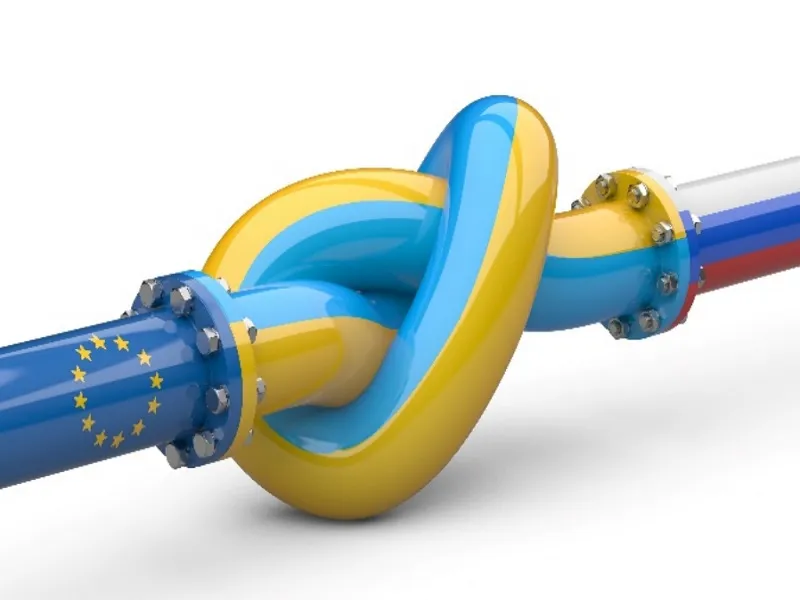
This incident shows the lengths to which Ukraine and the EU are going to keep those two in line after they united to form an anti-war bloc in the heart of Europe.
Ukraine’s decision last month to stop the transit of Russian oil from Lukoil across its territory has hit Hungary and Slovakia, who have EU sanctions waivers to continue purchasing this resource, very hard. They’ve accordingly requested that the European Commission mediate between them and Kiev on the basis that the latter’s actions violate its 2014 Association Agreement with the bloc. The exact outcome of this dispute remains uncertain, but the following five takeaways encapsulate its essence:
- Ukraine Is Punishing Hungary & Slovakia For Their Anti-War Positions
Kiev hates that these neighboring Central European nations have formed an anti-war bloc within the EU and are opposed to perpetuating NATO’s proxy war. The timing suggests that Kiev waited until after it became clear that Slovak Prime Minister Fico, who returned to office late last year, hadn’t changed his position since surviving an assassination attempt in mid-May. Had he been killed and replaced with a pro-war figure or had a change of heart, then it’s unlikely that Kiev would have cut off Lukoil’s exports.
- Weaponizing Energy Is An Ironic Means To The Abovementioned End
Ukraine and some EU members fearmongered for years that Russia would weaponize its energy exports against them, yet it ironically turns out that Kiev ended up doing precisely that, and nobody in the West apart from the two affected states is saying a peep. This suggests that they tacitly approve of Kiev punishing their wayward members in the hopes that it’ll teach them a lesson, though Brussels will likely intervene before everything spirals out of control since Hungary has an ace up its sleeve.
- Hungary Just Implied That Two Can Play That Game Though
Hungarian Foreign Minister Szijjarto just reminded everyone that his country contributed to 42% of Ukraine’s electricity imports last month, with the innuendo being that these can be stopped until their dispute is resolved. This leverage is much more powerful than threatening to continue holding up the EU’s €6.5 partial reimbursement package of its members’ arms transfers to Ukraine since Budapest has been dragging its feet on that for around a year already.
- Any EU-Mediated Resolution Will Be Spun To Impugn Hungary & Slovakia
The EU is unlikely to let this energy dispute spiral out of control since the consequences could be disastrous with more refugees flooding into bloc if Budapest reciprocally weaponizes electricity exports to Ukraine while Hungary and Slovakia could turn more of the public against Brussels. Whatever solution is brokered though will be spun to impugn Hungary and Slovakia by at the very least implying that they were irresponsible for not having diversified from their dependence on Russian energy long ago.
- Some Of The Damage That’s Already Been inflicted Is Irreparable
Orban’s noble attempt to improve ties with Ukraine during his visit to Kiev in early July was for naught as proven by the nasty energy dispute that followed, and there’s no regaining the incipient trust that was just lost as a result. Likewise, those among the European public who’ve already soured on Ukraine and the EU will only feel even stronger about their views after watching those two punish Hungary and Slovakia. These outcomes are manageable, but they’re still detrimental to each party’s interests.
As can be seen, Hungary and Slovakia’s Russian oil dispute with Ukraine is a form of tacitly approved EU punishment against them for their anti-war positions, though it’s unlikely to last long enough to lead to a full-blown crisis considering Budapest’s electricity leverage over Kiev. Even so, this incident shows the lengths to which Ukraine and the EU are going to keep those two in line, all with the intent of sending a signal to anyone else in the bloc who decides to break ranks with their warmongering policies.
